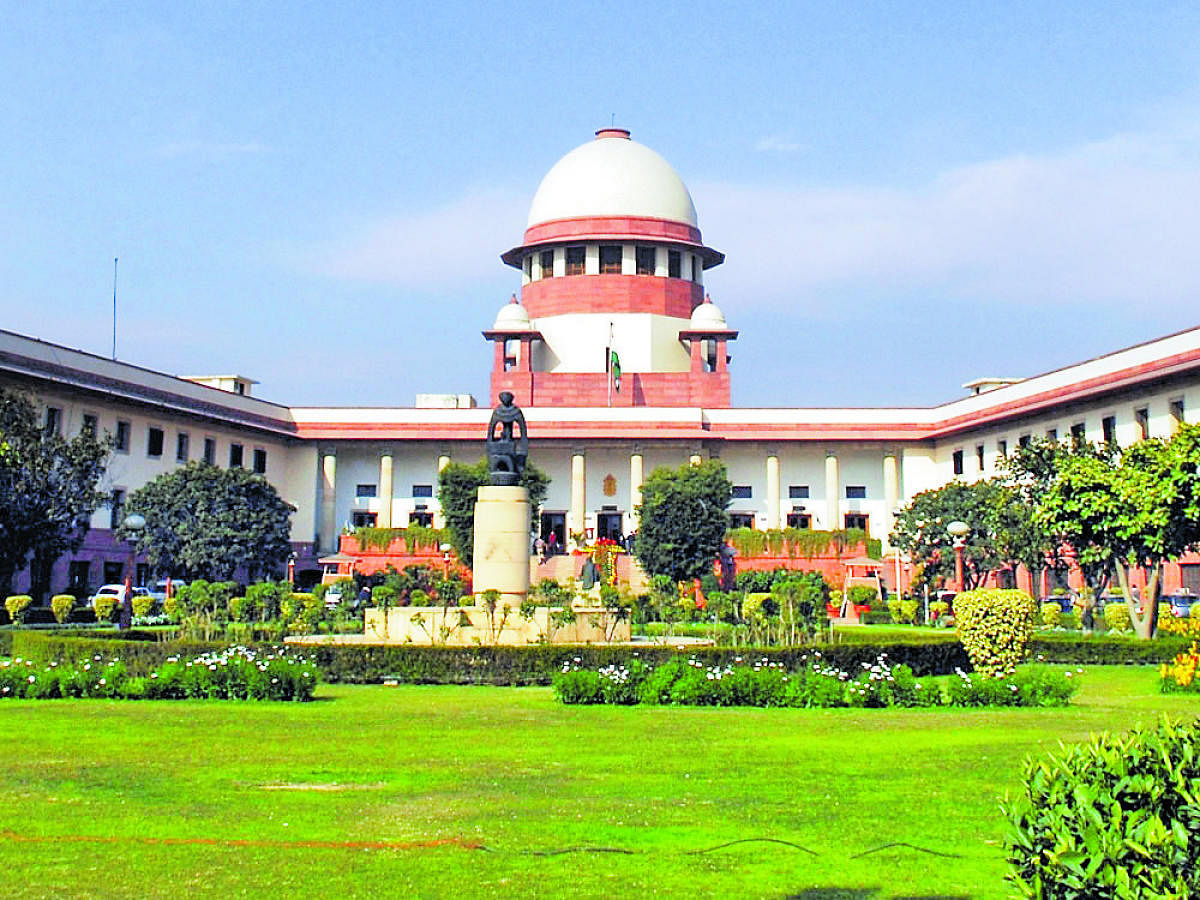However, such diaries and notes carry little evidentiary value in law.
In the case of Sahara-Birla diary, the Supreme Court had, on January 11, 2017, dismissed a plea by NGO ‘Common Cause’ for a probe into alleged payment of money to Prime Minister Narendra Modi, then Gujarat CM, and others during 2013-14.
Documents, loose sheets and computer and diary entries have got no evidentiary value, if not supported by other independent and cogent materials, it held.
The apex court then underscored that there must be some cogent, reliable and admissible materials. Otherwise, any unscrupulous person may make some entries on the paper, which can be used to achieve ulterior goals by abusing the process of law. It can lead to hampering of the functioning of a democracy, the court added.
“There has to be some relevant and admissible evidence and some cogent reason, which is prima facie reliable and that too, supported by some other circumstances, pointing out that the particular third person against whom the allegations have been levelled was in fact involved in the matter or he has done some act during that period, which may have co-relations with the random entries,” a two-judge bench said.
“In case we do not insist for all these, the process of law can be abused against all and sundry very easily to achieve ulterior goals and then no democracy can survive,” the bench added.
In Jain-Hawala diary case (CBI Vs V C Shukla, 1998), the Supreme Court held such entries in loose papers/sheets are irrelevant and not admissible under Section 34 of the Evidence Act.
If such entries are in the books of accounts regularly kept, such statement shall not alone be sufficient evidence to charge any person with liability, it said.
In recent times, however, entries made in visitors’ register at the residence of then CBI director Ranjit Sinha showing his alleged meetings with the 2G and coal block allocation scam accused has led the apex court to order an SIT probe against him. The court had in its order on January 30, 2017 declined to consider the judgement in the Sahara-Birla case.
In contrast, nothing happened in case of a 60-page note written by former Arunachal Pradesh CM Kalikho Pul, wherein he named then Supreme Court judges and several Congress leaders before his suicide on August 9, 2016. His wife withdrew the plea for a probe from the Supreme Court after her letter for an inquiry to the CJI was converted into a writ petition for adjudication on judicial side.

